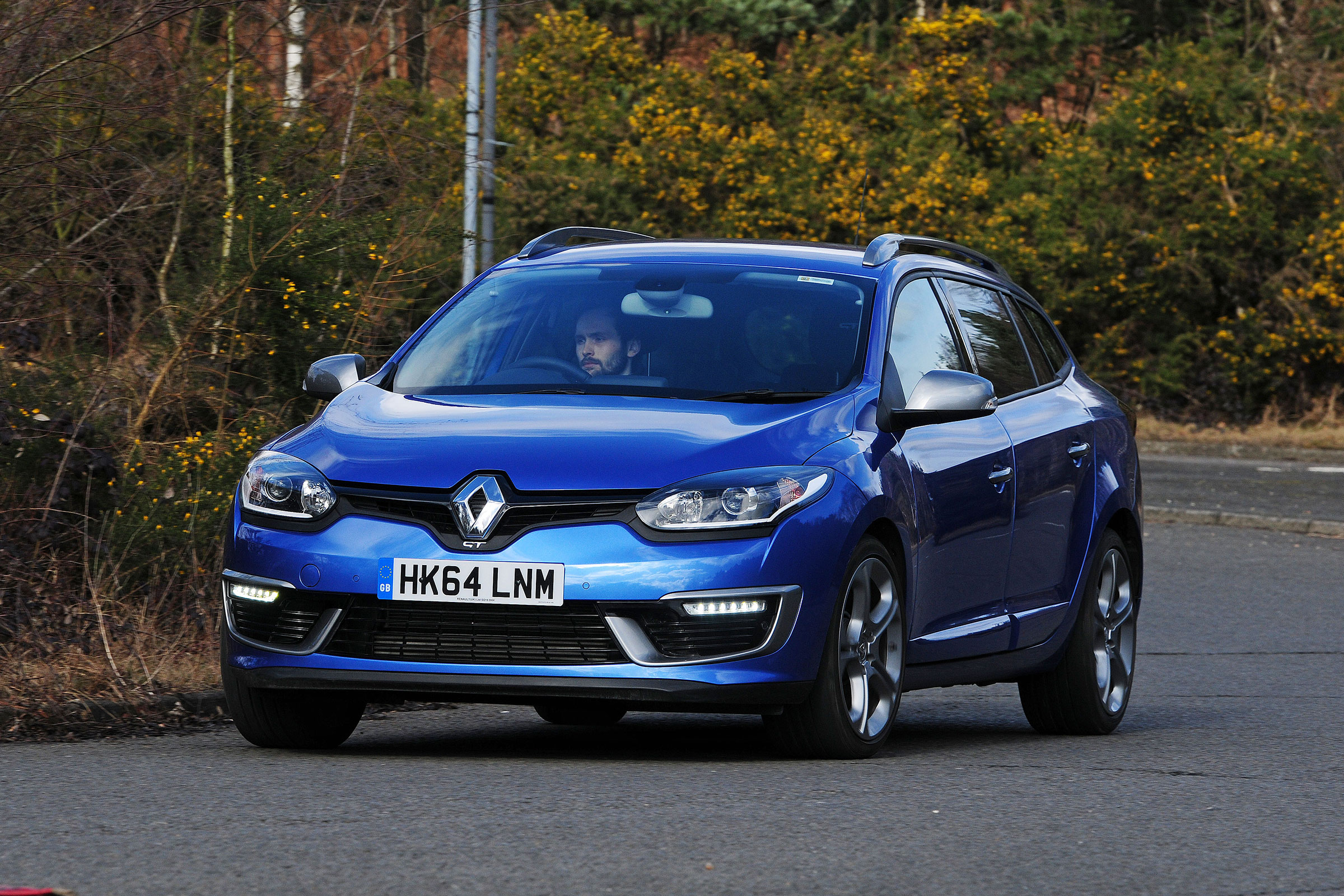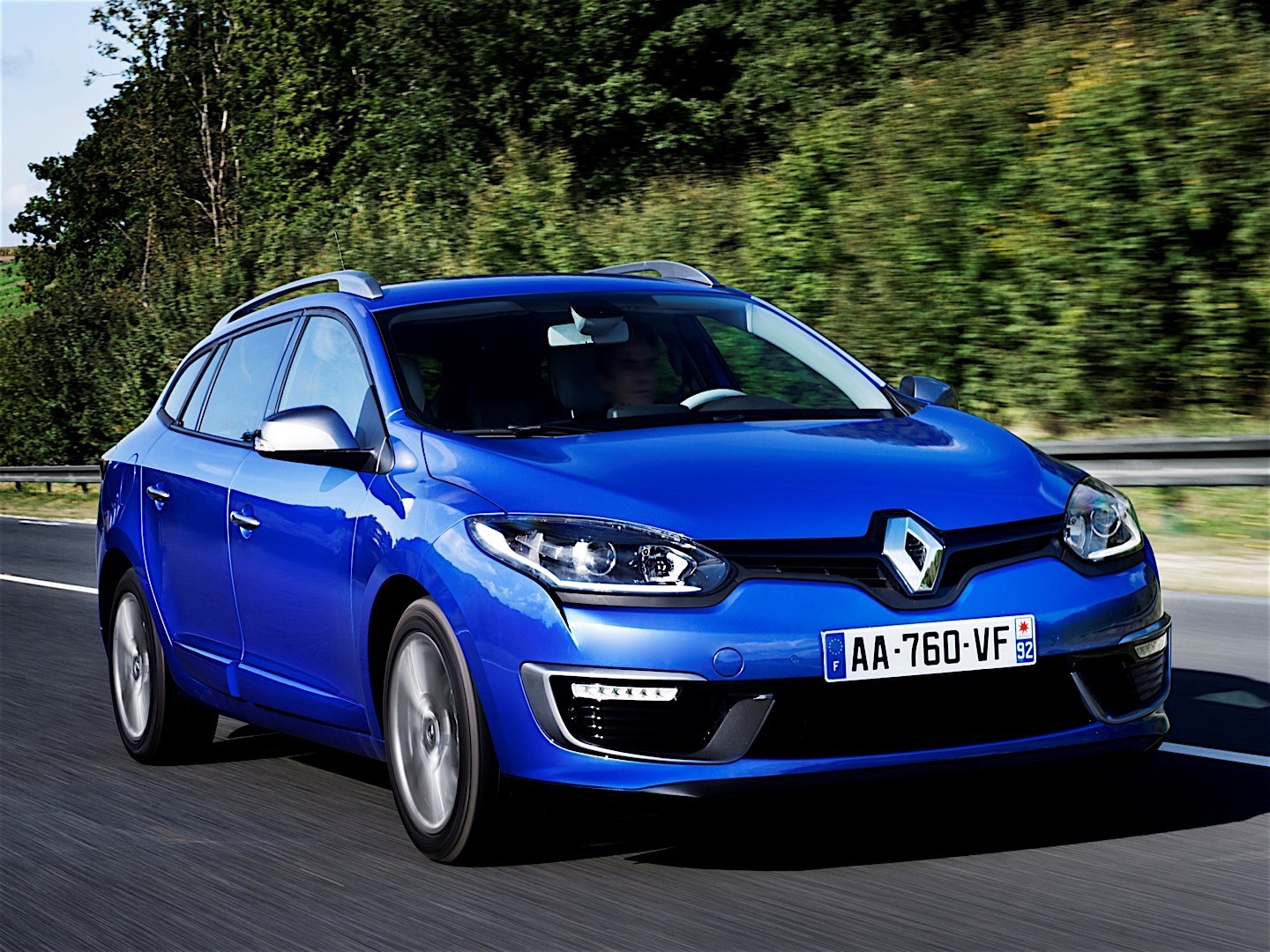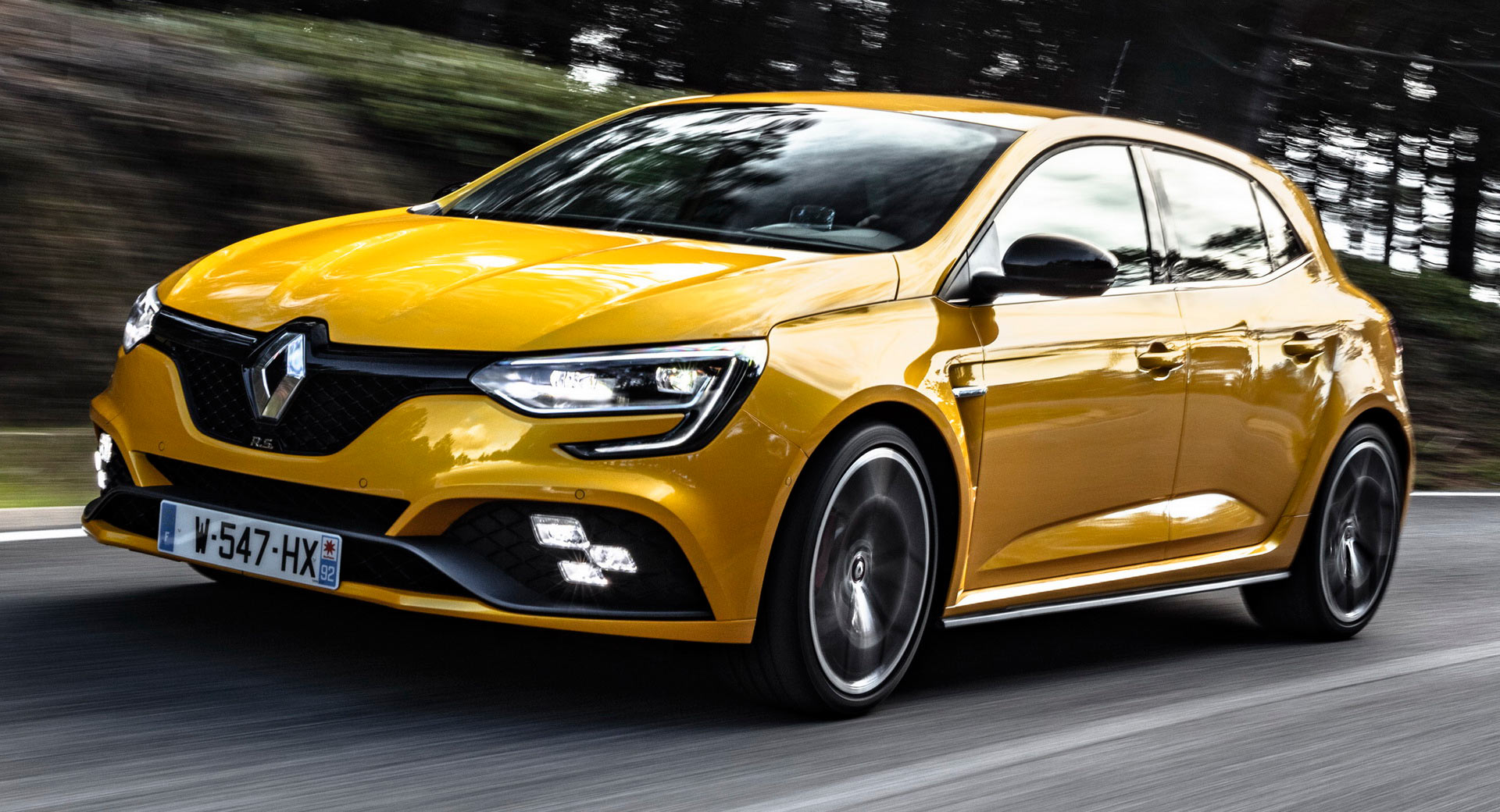

The battery stops at the rear seats, which means there isn’t a lot of weight over the rear axle – and that means the car tends to pitch down over sharp crests. The problem isn’t helped by those massive alloys, as the lack of sidewall transmits more vibrations through the strut and into the chassis, unsettling the car if you hit a bump hard enough. If you try to hustle it hard on rural roads, the suspension will fidget around. But it still tips the scales at more than 1,600kg, which is an awful lot of mass for the suspension to deal with on a challenging back road. Renault’s engineers have done a stellar job of trimming fat off the Megane, making it almost 100kg lighter than its main competitors. That’s a significant difference that we can certainly believe.īut (and this is a complaint we can level at most electric family hatchbacks), you can’t get around the weight.
#Renualt megane full
The cornering ability is also helped by having the concentrated mass of the battery pack low down in the platform – Renault says the Megane E-Tech’s centre of gravity is a full 90mm lower than the old petrol Megane’s. The chassis is quite softly sprung, but the dampers are just stiff enough to keep the body flat through fast corners. It breezes over potholes and expansion joints with surprising ease, even with its enormous 20-inch alloy wheels. On an average UK road, the Megane is far more composed and comfortable than the Cupra Born or the Volkswagen ID.3. The standout feature is the ride quality. But how’s the handling?Įxpel all notions you may possess of this being a track monster. You can easily brim the battery overnight from a 7.4kW wallbox. Still, the range indicator seems to be trustworthy – we tackled a 70-mile trip in the car from the launch event and it used almost exactly 70 miles of electricity. Renault also says the Megane will cover 280 miles on a charge, but we found that to be more like 200 during our time with the car. Unlike the Volkswagen ID.3 or the Nissan Leaf, the Renault doesn’t run out of steam once it crests 50mph – it’ll keep accelerating strongly right up to motorway speeds, which means you always have the confidence for an overtake.

What impresses the most is how the Megane accelerates when you’re on the move. So, you won’t be baiting Teslas at the lights, but you’ll nose ahead of most petrol-powered hatchbacks.īut these figures are somewhat meaningless in the real world. The system has an output of 214bhp and 221lb/ft of torque, which Renault says is enough for a 0–62mph time of 7.5 seconds and a top speed of 99mph. The new Megane is powered by a 60kWh battery pack and an electric motor mounted on the front axles. It’s sporting enough to make you smile on the right back road, but soft enough to keep your fillings in place when the tarmac gets choppy. Think of it as a warm family hatch, similar in focus to the Ford Focus ST-Line or the Kia Ceed GT.

The new Megane E-Tech Electric is not some sort of EV equivalent to the stunning Megane RS Trophy-R. An electric hot hatchback? Sounds great!Īllow us to temper your expectations. The competition is certainly stiff, but Renault is pitching the new Megane as an electric hot hatchback in the UK, which it reckons will give it the edge in the class. It’s the replacement for the company’s petrol-powered Megane hatchback – and it’s been designed to compete with heavy-hitting pure-electric family cars like the Volkswagen ID.3, Cupra Born and Kia Niro EV.


 0 kommentar(er)
0 kommentar(er)
